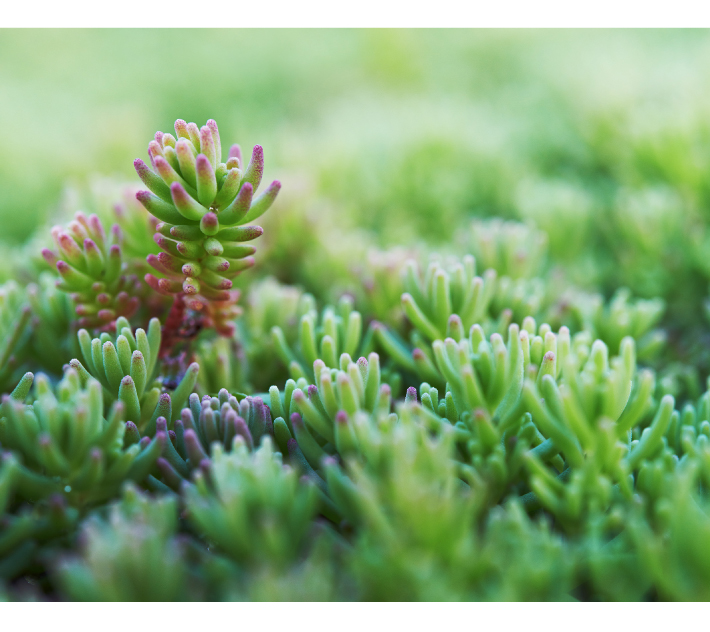YOUR HOME - EXTERIOR LOOKS
BE PREPARED
Exterior home safety tips
September, 2016 - Issue #143
 courtesy of Shutterstock |
Prepare Yourself & your Property for a Potential Wildfire
The Los Angeles County Fire Department takes great measures in protecting you and your property from wildfire; yet they need your help in preparing your home and landscape to be wildfire ready. Drought conditions have continued across Southern California and have left all of the vegetation extremely dry. Fire season is now year-round, as many SCV residents found out this past July.
In addition to following brush clearance requirements, preventing conditions where fire can travel from native brush through an ornamental landscape to your structure is the key to creating defensible space. Follow these guidelines to properly prepare and maintain your landscape and property:
Trees touching/overhanging structure: Remove limbs within five feet of any structure and within 10 feet from any chimney outlet. Limb trees up to six feet or one third their height.
Vines and climbing plants: Remove from combustible structures.
Hedges and screens between homes: Reduce and maintain to a height of no greater than eight feet.
Large shrubs under windows: Maintain a 12-inch separation under windows.
Ground cover: Maintain at 18-inch maximum height.
Dead Vegetation: Remove all dead material within 200 feet of structures.
For more information, visit www.fire.lacounty.gov for the "Ready! Set Go!" brochure; you'll find focused details on preventative landscape maintenance. The Guide also includes a wildfire action plan to help you prepare yourself and your property from wildfire.
Castaic Lake Water Agency www.clwa.org
 courtesy of Shutterstock |
Now, more than Ever, Drought-friendly Landscaping is Necessary
Our hearts broke for the families that lost their homes, and the man whom lost his life, in the recent Sand Fire. Because of local and regional emergency responders, losses were much more limited than a fire of this magnitude could have rendered; there were many, many close calls.
You don't have to own a rural property to be at risk from fire, which means that it's every homeowner's responsibility to maintain a property that is as fire safe as possible. While no home or yard can be entirely fire proof, choosing drought-friendly yard-scape options will improve your property's chances of surviving a fire. Here are some options to consider.
Choose a Fire-proof Permeable Ground Cover
More and more SCV residents are opting for pavers, pebbles and ornamental gravel over grass. There's no risk of fire with these in-organic, stylish ground covers. They're ideal under your home's awnings and roof overhangs - a common place for fires to start - and provide an additional layer of protection while also reducing water use. Bonus: When it does rain, the water will trickle through to our groundwater supplies instead of running into the gutter and eventually the ocean.
Decorate with Edibles
Add color, texture, dimension and food to your landscape! Varieties of kale can replace the height and color of ornamental grasses; there's hundreds of pepper varieties that are delicious and beautiful; and mint will fill in empty spaces fast while staying low to the ground and green for the majority of the year. You get a lot of bang for your watering buck with ornamental edibles, plus they retain water, making them less-dry options than some other drought-friendly plants. You can get a "lush" look with less water - plus you get to eat organic food for practically free.
Install Drip Lines to Keep Landscaping Properly Hydrated
If you've said "goodbye" to grass, you can also get rid of your sprinklers. Install drip lines to put water right where it's needed: at the base of your trees, ornamental plants and in your garden. Easily hooked up to a "smart" timer, your drip lines will keep your landscape from drying out and becoming a fire risk - all while conserving water. The higher-end smart timers will even water more deeply on days where low humidity and high heat make for dangerous conditions.
NV Landscape, Inc. 286-8888
What You can Do to Prevent the Zika Virus from Spreading
With the first cases of US-contracted Zika in Florida in July, there is increased discussion about the spread of the virus. No one likes a mosquito bite, but this additional risk has many people concerned - especially pregnant women.
Here's how to take more control of your local environment to reduce mosquito populations near your home. Mosquito eggs are laid during warm weather. Now's the time to make sure that there's no standing water in your yard. Check non-functioning fountains to ensure that they are dry and work to fix any drainage issues now to prevent puddles. Walk around your yard and look for places that standing water would be able to accumulate. Mosquitos make it through the colder months by overwintering while in the egg stage, so be vigilant in maintaining a standing-water-free yard. For further assistance with mosquito prevention, work with a licensed exterminator.
CVA Exterminators 253-3070
|
||||||||||||||||||||||||||||





